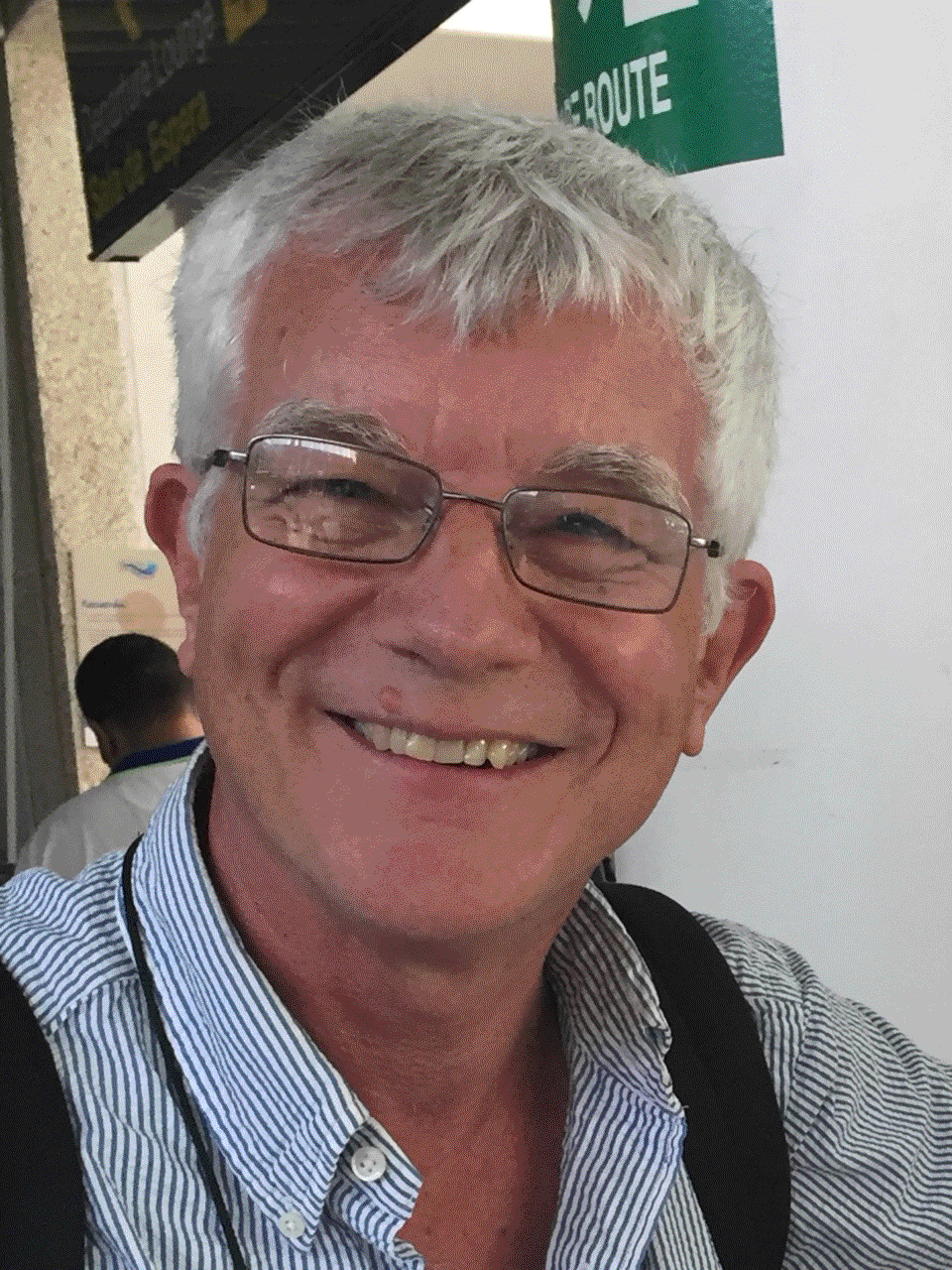


The Hon.Sec (who lives in Meonstoke) was thrilled to receive this email from America:
My name is Alan Smith and I was at Price’s from September 1957 until Autumn 1963.
I went on to Christ’s College, Cambridge, on the recommendation of Tom Hilton, and then did a PhD in Molecular Biology. I started my career in Academia in the UK and was Head of Biochemistry at the National Institute of Medical Research in Mill Hill, when in 1984 I as head-hunted to the nascent biotechnology industry in Boston, Massachusetts. I spent my entire career in the US, building a company, Genzyme, from start-up to 12,000 people; but we eventually got acquired by a the Pharma company Sanofi, whereupon I retired. I now live in Wayland MA. I have 5 grown children who live mostly on the west coast of US.
I visit UK very often, and have recently been researching my Family Tree. As it happens, my paternal Family comes from the Meon Valley and remarkably (considering your address) I have roots going back at least 250 years in Meonstoke! Indeed, I stayed at the Bucks Head last Fall while visiting in part to view my Grand Father’s old farm, Cott Street, in Swanmore, which is presently on the market.
I have very happy memories of Price’s and note that you are planning a 300 year anniversary celebration next year. Assuming that by that time we are back to something resembling normal, I plan to attend. I have a few items of memorable, that I would gladly share if of interest.
Yours very sincerely,
A
Alan's lifetime of achievements go further:
Dr Alan E Smith CBE FRS
read Natural Sciences at Cambridge, and obtained a PhD at the Laboratory of Molecular Biology in 1970. He joined the scientific staff of Imperial Cancer Research Fund and in 1980 was appointed Head of Biochemistry at the National Institute for Medical Research, Mill Hill, London. In 1984 he was head-hunted to the fledgling biotechnology industry in Boston Massachusetts. For 27 years was responsible for science at Genzyme, which grew into a worldwide healthcare business with revenues of $5bn and employing 12,000 staff. It was acquired by Sanofi in 2011.
He published extensively on the genetic code in eukaryotes; protein biosynthesis; gene organization and function of the transforming proteins of small tumour viruses; protein trafficking especially to the nucleus; and the inherited disease, cystic fibrosis. He holds a dozen issued US Patents and developed multiple FDA approved drugs and other products.
From 2014 to 2020 he chaired Cambridge in America, the North American representative body of the University and Colleges of Cambridge, during which time in excess of $350m was raised. He was chairman of Native Plant Trust, the first plant conservation organization in United States from 2016 to 2019.
He was appointed a Commander of the British Empire by Queen Elizabeth II in 2005, elected a Fellow of the Royal Society in 2010 and is currently Lady Margaret Beaufort Fellow at Christ’s College.
For his Lady Margaret Beaufort Fellowship, he outlined his scientific career:
I feel very honoured to be elected a Lady Margaret Beaufort Fellow and to become formally associated with the Fellowship.
I matriculated at Christ’s in 1964 and read Natural Sciences. I went on to do a PhD at the Laboratory of Molecular Biology in Fred Sanger’s Division. This was during perhaps the golden age of molecular biology, with every day made all the more exciting by the presence there of Francis Crick, Sydney Brenner and the many other illustrious scientists both established and newly emerging.
I spent number of years at the Imperial Cancer Research Fund and in 1980 was appointed Head of Biochemistry at the National Institute for Medical Research. Rather than spend the rest of my career there, as I had considered likely, in 1984 I was headhunted to the fledgling biotechnology industry in Boston Massachusetts. For the next 27 years, as head of Science, I helped develop Genzyme into a worldwide healthcare business with eventually over 12,000 employees. I retired from full time employment at the end of 2011 shortly after the company was acquired by Sanofi.
My scientific work initially was on the genetic code in eukaryotes, but later involved studies of protein synthesis, gene organization and function of the transforming proteins of small tumour viruses, protein trafficking especially to the nucleus, and latterly the disease, cystic fibrosis.
I became more actively involved again with Christ’s and with Cambridge in America during Alan Munro’s Mastership, and I have greatly enjoyed taking part in the fund raising events associated with the many anniversaries and Campaigns we have celebrated over the last 10 years. I look forward to more campaigning, especially to fund bursaries to cover increasing undergraduate fees.
A selection of his publications may be downloaded here: Alan Smith published papers